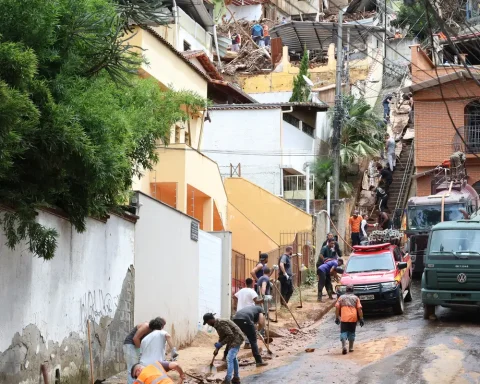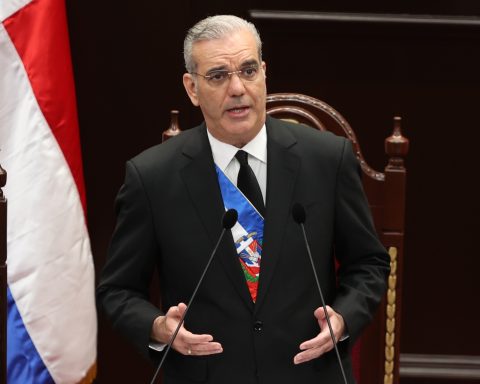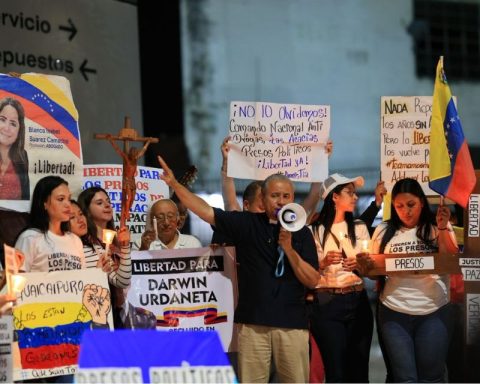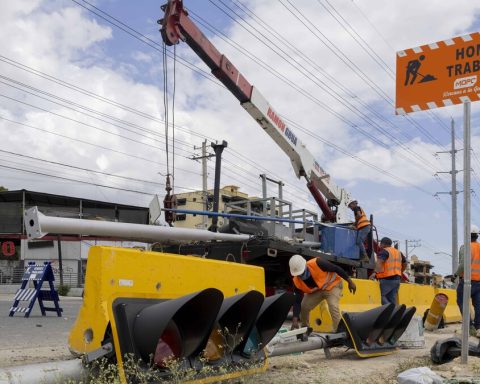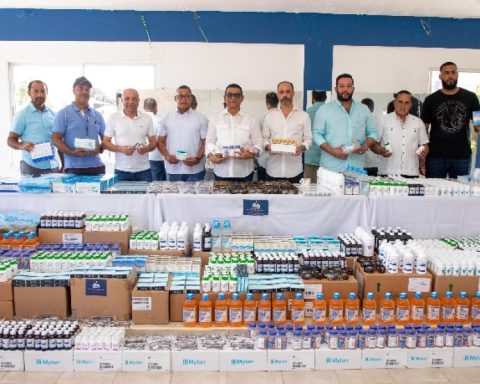The National Bank for Economic and Social Development (BNDES), in partnership with the Bem Maior Movement (MBM), will support management training for around 30,000 low-income entrepreneurs throughout Brazil.
The action will take place through Movimento Pra>Frente, from Fundação Dom Cabral (FDC), which provides a platform with video content, podcasts, e-books and tests that address the main challenges faced by this public.
The initiative will receive support from the BNDES Socio-Environmental Fund and MBM with total investments of R$ 12.7 million.
The expectation is that at least 30,000 people will be trained by 2025, with a focus on women, blacks, browns and young entrepreneurs. According to the BNDES, vulnerable and low-income people, such as informal workers, individual microentrepreneurs (MEI) and unemployed people from all over Brazil who need support to generate income through entrepreneurship, may be included.
The platform’s contents aimed at entrepreneurs are organized into complete series that address specific topics and aim to solve problems and develop skills such as, for example, in sales and finance.
In addition, entrepreneurs will have access to mentoring offered by the platform, through which they will receive individual guidance and psychosocial support from volunteer mentors. According to the bank, this will enable the sharing of experience and new ideas. These volunteer mentors will be trained in the platform’s own environment to support entrepreneurs.
digital transformation
The BNDES and the Movimento Bem Maior will also support the Connected School Journey project, by the Innovation Center for Brazilian Education (Cieb). The initiative will promote the development, implementation and dissemination of the use of educational technologies in public education networks. The project will last for 2 years and will be carried out in partnership with social organizations, which provide technical support and work with Education departments.
Through the Connected School Journey, 127 education professionals will have their skills strengthened to plan and implement the incorporation of technologies in the network, benefiting 966 schools and more than 279 thousand students. For the BNDES, mastery of technology will contribute to the efficient management of school resources as well as access to federal resources. The project has investments estimated at R$ 5 million.

